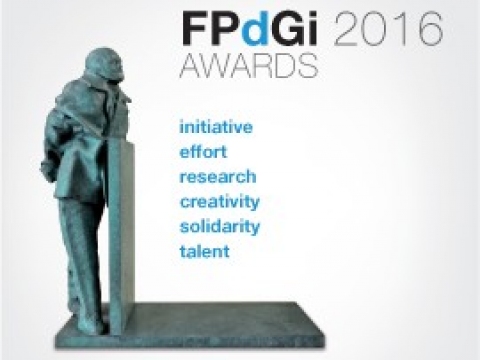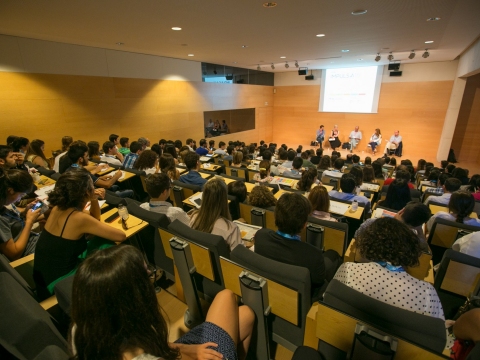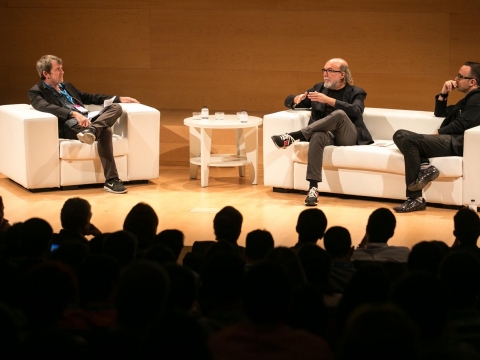A scientific revolution is currently occurring and as with all revolutions, we shall only see its impact in 20, 30 or 40 years. Supercomputers, like MareNostrum inBarcelona, perform very complicated calculations that may involve predicting the weather, chemical reactions, and the design of materials. There are even yet more complicated calculations that these supercomputers cannot resolve.
Moore’s Law establishes that the speed of computers doubles every 18 months, while the amount of data is also growing exponentially. Transistors, meanwhile, are becoming smaller, more units can be used and the distance in between them is growing shorter. There is, however, a fundamental limit, which is determined by the fact that transistors smaller than the size of an atom cannot be made. It might be possible within 10 to 15 years. If so, what will that mean? If we do overcome this limit, we shall enter the realm of quantum mechanics, which provides new opportunities and new ways of doing calculations.
On a microscopic level, strange phenomena occur: a particle can cross a wall, which is known as the tunnel effect; a particle might have two properties at once, just like the paradox of Schrödinger’s cat in which the same cat is alive and dead at the same time; a particle might be in two places at the same time, in parallel worlds, and the two worlds coexist; something intrinsically random and impossible to predict may exist; or two random operations with the same end result may occur.
In 1900, Max Planck introduced the idea of quantum mechanics, which was revolutionary at the time. The light we detect is made of small particles: photons. Throughout the previous 200 years it had been thought that light was composed of electromagnetic waves. Planck refuted the beliefs of 200 years.
Schrödinger and Heisenberg developed the theory that matter is formed by molecules, which are made of atoms, which in turn are formed by electrons and nuclei and so on down to the level of quarks and the Higgs boson.
The idea of a quantum computer is that if a particle can do two things at once, 2 particles can do 4 things at once, and 3 particles can do 8 things, etc. This is an exponential law which allows for parallel calculations on just one computer.
Quantum computers can factorize very quickly because they work in parallel in several universes. Another example is searching in databases and yet another application is in simulation.
How could a quantum computer be built? It is quite difficult because when you observe one universe, the others disappear. They need to be isolated as much as possible. Attempts are being made to build them using atoms or ions. There are several prototypes and companies such as Google, Microsoft and IBM are investing in these systems.
Other areas of use in addition to computers are:
_ Secret communication, cryptography. Secret messages can be sent by quantum computer: the information disappears from one place and appears somewhere else without passing in-between. This system is still very expensive and a distance of only 10 km has been covered. For now there is no need to change.
_ Quantum money. Steve Wiesner thought that if the laws of quantum mechanics were correct, then we could make uncopyable money. Although there is one version, the quantum credit card is, for the time being, very unstable in time and only last a few seconds.






 Top
Top